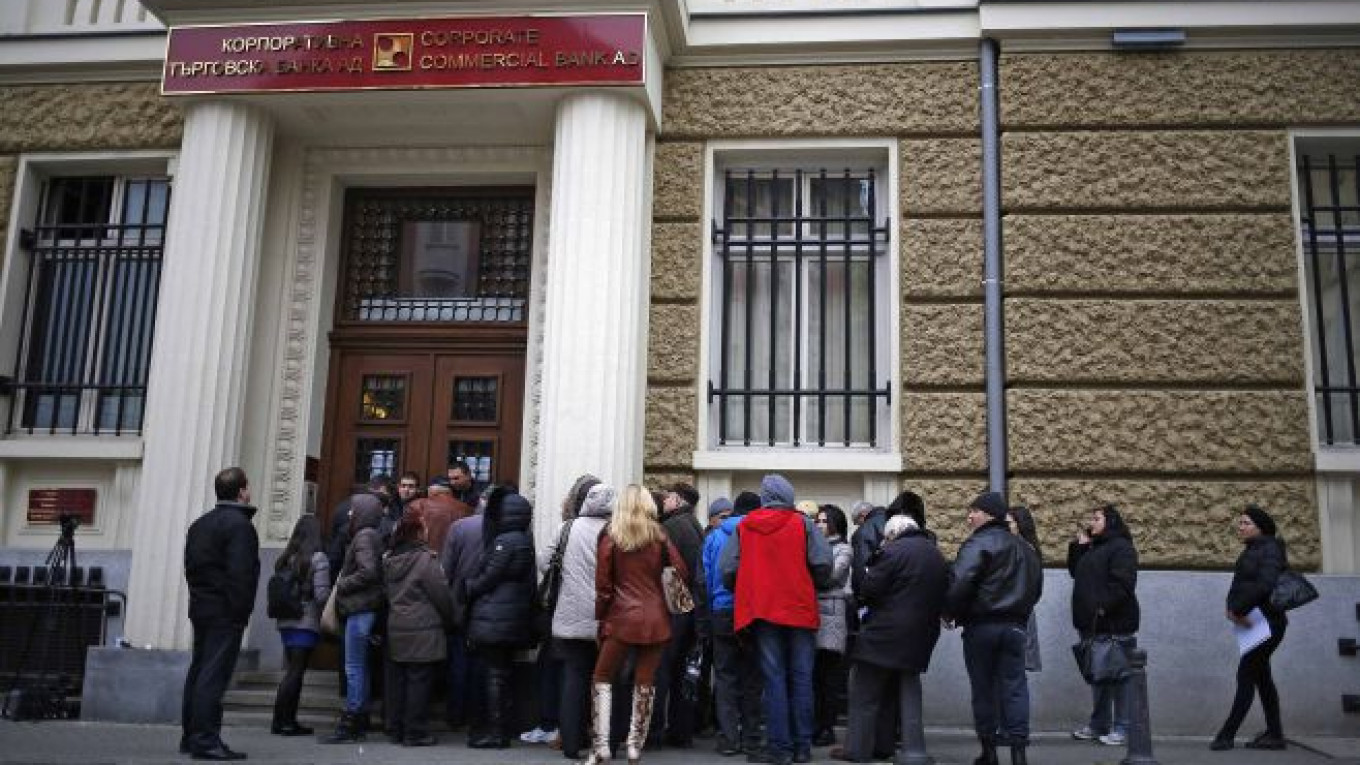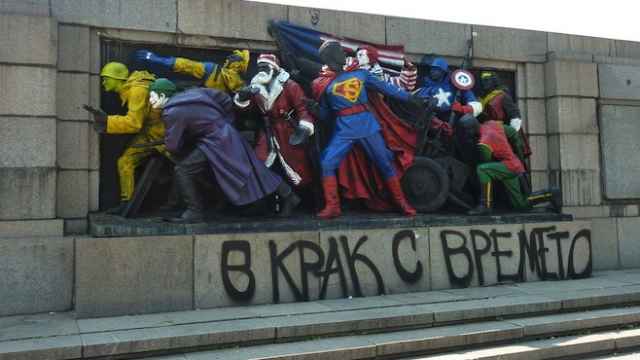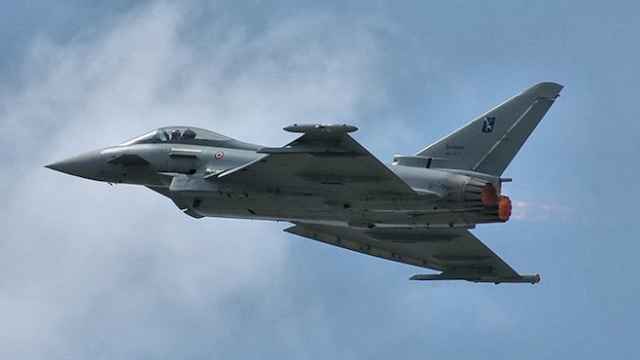Bulgaria's economy is being badly hurt by European Union economic sanctions against Russia, its prime minister said Thursday.
EU member states such as Bulgaria, Hungary and Slovakia, which are heavily dependent on Russian energy, have only reluctantly gone along with the sanctions, imposed over Russia's annexation of Ukraine's Crimea region. The measures targeted Russia's financial, defense and energy sectors, and Russia hit back by banning most food imports from the EU.
Boiko Borisov, who leads a minority coalition government, said he hoped the sanctions had "already played their role and relations will be soon normalized".
"I don't know how Russia is affected by the sanctions, but Bulgaria is affected severely," he told a news conference in Brussels.
Russia accounted for 2.7 percent of Bulgaria's exports last year, mostly machinery, pharmaceuticals and agricultural produce.
Bulgaria's exports to Russia were down 22 percent in August from a year earlier, while overall EU exports to Russia were down 18 percent, according to the EU statistics office Eurostat.
Even before sanctions, Bulgaria was struggling to revive economic growth while dealing with a bank crisis.
"Due to the embargo, we cannot export meat ... Bulgaria is facing not only political and economic and financial problems, we are facing global problems and that is why we need serious support," Borisov said.
Last year, more than a quarter of the 2.6 million tourists who came to Bulgaria were Russians — a number likely to fall in future because of the weakness of the ruble, though that stems more from a plunge in the oil price than from Western sanctions.
Russia said on Monday that it was scrapping the South Stream gas pipeline, which had been due to enter the EU via Bulgaria, although Borisov and European Commission President Jean-Claude Juncker both said they believed the project could still go ahead.
Bulgaria had hoped the pipeline would not only protect it against possible disruptions in the supply of Russian gas being piped through Ukraine, but also create jobs in its construction.
A Message from The Moscow Times:
Dear readers,
We are facing unprecedented challenges. Russia's Prosecutor General's Office has designated The Moscow Times as an "undesirable" organization, criminalizing our work and putting our staff at risk of prosecution. This follows our earlier unjust labeling as a "foreign agent."
These actions are direct attempts to silence independent journalism in Russia. The authorities claim our work "discredits the decisions of the Russian leadership." We see things differently: we strive to provide accurate, unbiased reporting on Russia.
We, the journalists of The Moscow Times, refuse to be silenced. But to continue our work, we need your help.
Your support, no matter how small, makes a world of difference. If you can, please support us monthly starting from just $2. It's quick to set up, and every contribution makes a significant impact.
By supporting The Moscow Times, you're defending open, independent journalism in the face of repression. Thank you for standing with us.
Remind me later.





